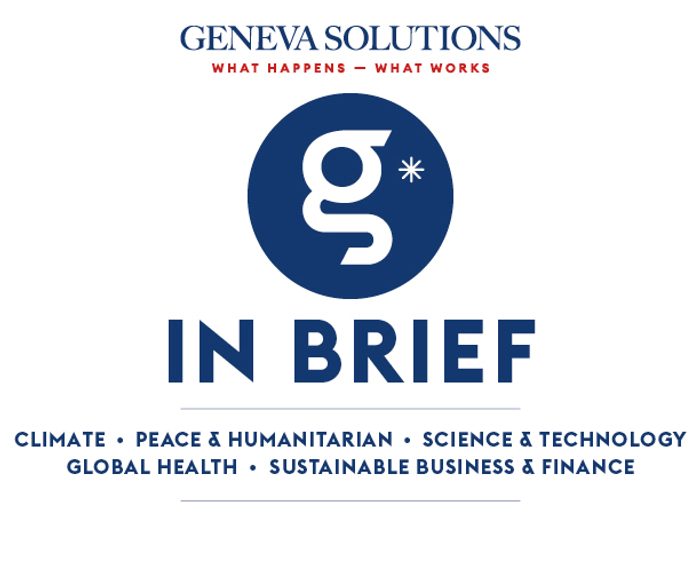|
On Tuesday, just two days after reporting from Azerbaijan on the detention of the disabled activist Famil Khalilov, Geneva Solutions learned that the government critic was transferred to house arrest. Khalilov, who has been paralysed in the arms since birth, had been on a months-long hunger strike in protest of not receiving care in detention. Since last Thursday, he had been refusing liquids.
The campaigner’s wife, Kechikhanim Khalilova, who had been caring for him since his arrest in May, said that his release was due to his failing health. He is still set to face trial on 12 December for drug trafficking charges, which he denies. But Khalilova confirmed that her husband's lawyer, Rufat Safarov, who was expected to travel this week to the United States to receive a human rights award, was unexpectedly arrested on Monday, and is being held on a four-month pre-trial detention.
Over 300 critics of the government, including 13 independent journalists, have been arrested since last year in the runup to Baku’s hosting of the recent Cop29 climate conference.
“While we were escorting Famil out of the courtroom, TV crews and journalists approached us, asking us to thank Ilham Aliyev and Mrs. Mehriban for placing Famil under house arrest,” Khalilova said in a text. “Neither Famil’s mother nor I accepted this.”
– Paula Dupraz-Dobias
|









